
Carolyn Wilke
Contributing Editor, Science News Explores
Carolyn Wilke earned her Ph.D. in environmental engineering at Northwestern University, where her research drew on the fields of environmental chemistry, materials science and toxicology. She got her start in science writing by blogging for HELIX, Northwestern’s science magazine and wrote as a AAAS Mass Media Fellow at The Sacramento Bee. Now a freelance science writer. Carolyn worked as a staff writer at Science News Explores and interned at Science News and The Scientist. When not delving into a new scientific discovery, you might find Carolyn behind her sewing machine or trying to amuse her cat.

All Stories by Carolyn Wilke
-
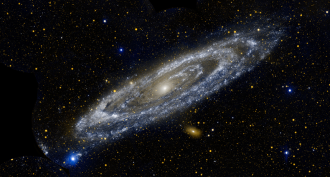 Space
SpaceScientists Say: Galaxy
A galaxy is a group of millions to billions of stars, plus a lot of dust and gas.
-
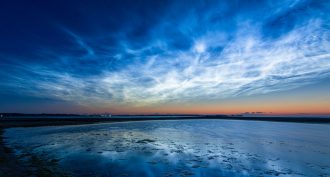 Climate
ClimateNight-glowing clouds crept south this summer
Clouds typical of polar skies have been showing up over the lower United States. Scientists want to know why.
-
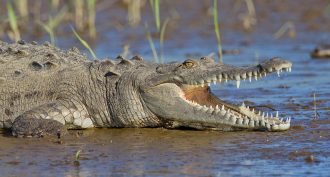 Animals
AnimalsAncient crocodiles may have preferred chomping plants, not meat
Fossil teeth of ancient crocodilians suggest that some ate plants and that such green diets evolved in crocs at least three times more than 60 million years ago.
-
 Animals
AnimalsSome mama whales may whisper to keep calves safe from orcas
Even enormous whales can fear the threat that orcas pose to their babies. It now seems that some have taken to whispering to help their young stay off the killer whales’ radar.
-
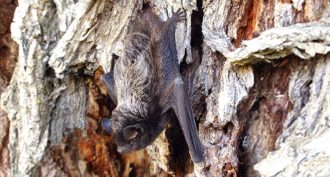 Health & Medicine
Health & MedicineBats are now the primary source of U.S. rabies deaths
Although human rabies is not common in the United States, it still occurs. But here dogs are no longer the likely source of this oft-lethal infection: Bats are.
-
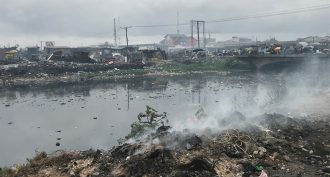 Earth
EarthAntibiotics pollute many of the world’s rivers
A survey of 165 rivers finds unsafe levels of antibiotics at one in six sites tested. Such pollution can leave germs resistant (unharmed) by the drugs.